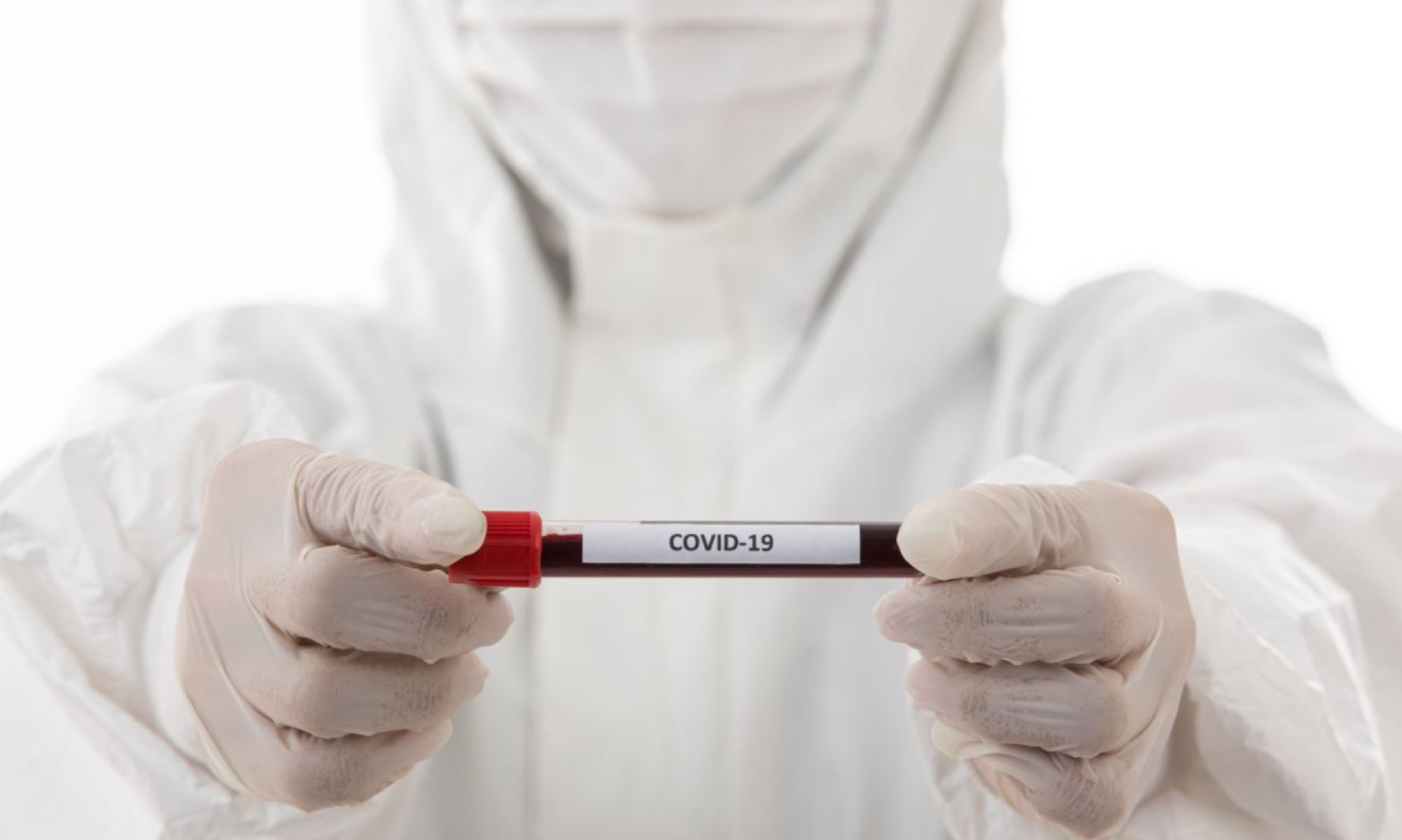As COVID-19 spread across the world, so did conspiracy theories and false information about the virus. This proliferation of misinformation–labeled an “infodemic” by the World Health Organization (WHO)–makes it difficult to identify trustworthy sources and can threaten public health by undermining confidence in science, governments, and public health recommendations.
The consequences of misinformation can be tragic: hundreds died and thousands were poisoned in Iran after consuming toxic methanol alcohol, falsely believing it could cure COVID-19.
In a new article in the Journal of Public Health Policy, legal scholars at NYU School of Global Public Health and the global health organization Vital Strategies identify five approaches countries have taken to address misinformation about COVID-19. Their tactics ranged from helpful practices like creating media campaigns sharing accurate information to harmful practices like suppressing whistleblowers and factual information, or disseminating disinformation (the intentional spread of false information) on their own. Several approaches criminalized expression, eliciting human rights concerns, given that international law protects freedom of expression.
“Governments can best address COVID-19 misinformation by disseminating factual information, protecting expression, ensuring strong protections for whistleblowers, and supporting an independent media environment,” said study author Jennifer Pomeranz, assistant professor of public health policy and management at NYU School of Global Public Health.
“On top of the human rights concerns, overzealous prosecution of expression undercuts public health efforts by sowing mistrust between communities and their government,” said study author Aaron Schwid, Director of Public Health Law at Vital Strategies.
To identify the range of methods governments used to address COVID-19 misinformation, the researchers conducted a content analysis of international media coverage. Using keywords including “misinformation,” “disinformation,” and “fake news,” they analyzed hundreds of articles from February through May 2020.
The observed government actions, whether helpful or harmful, fell into five general categories:
- Disseminating and increasing access to accurate information. In Taiwan, for example, the government held daily press conferences, distributed newsletters, developed media campaigns, promoted the Taiwan FactCheck Center (which rapidly verifies or debunks online information), and created “mask maps” to show where masks were available. Officials in South Africa and Nigeria worked with the popular social media platform WhatsApp to provide users with information on the virus and how to avoid infection.
- Addressing commercial fraud so consumers are not led to purchase ineffective or unsafe products related to COVID-19. In the U.S., federal agencies issued warning letters to companies selling fake products, and state attorneys general brought actions against companies for violating state consumer protection acts. In the European Union, Europol seized 4.4 million units of fake pharmaceuticals and took down 2,500 links to fraudulent COVID-19 websites, marketplaces, and advertisements.
- Restricting access to accurate information by refusing to release information, or preventing communication by journalists, health officials, and whistleblowers. This started in the early days of the pandemic, for example, when Chinese doctor Li Wenliang tried to warn fellow medical professionals about a novel virus and was silenced by authorities in Wuhan, and continued throughout 2020 in other countries.
- Spreading misinformation or disinformation. In Madagascar, the president broadcast his support for an unproven herbal tea to cure COVID-19. President Trump was also a source of false information, suggesting that injecting disinfectant may kill the virus. “Disinformation spread by government officials is especially problematic because people generally expect governments to provide factual information,” the authors write.
- Criminalizing expression through prosecuting citizens and journalists under new and existing laws. For instance, Iraq’s media regulator fined Reuters and suspended its license for reporting COVID-19 statistics in violation of its media broadcasting rules. In addition, emergency powers enacted in Botswana criminalized disseminating COVID-19 information that did not come from the WHO or the country’s director of health services. “The criminalization of speech over the pandemic was not necessary or legitimate and undermined the right to free expression,” the authors write.
The researchers stress that, in the face of a pandemic, governments should broadly protect expression and ensure a free and diverse media environment, as accurate reporting by journalists is one of the most powerful tools to reduce misinformation and disinformation. In contrast, censoring or penalizing expression can drive ideas underground, complicating efforts to correct or refute false information.
“Censorship–just like misinformation–undermines public health; both create a state of uncertainty, which motivates people to seek out information from less transparent sources,” said Pomeranz.
“The solution to misinformation is for governments to embrace the freedom of expression and encourage more speech–not less–and increase their own dissemination of factual information,” Schwid said.
